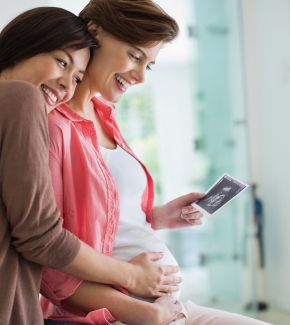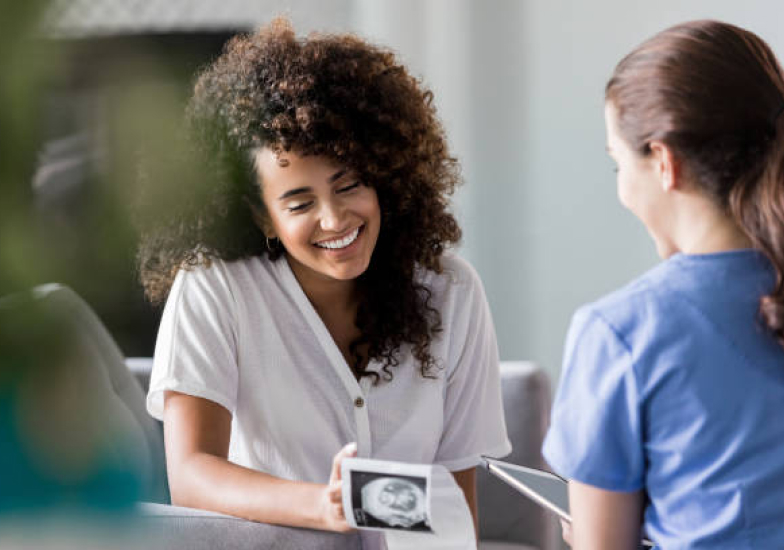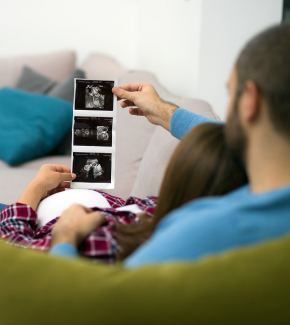Being pregnant is one of the most unique experiences of a woman’s life. When a woman discovers she is pregnant, she’ll start to research all best ways she can aim to be the best version of herself, while keeping the baby safe, nurtured and healthy. If you are pregnant right now, you might be wondering: Is my diet healthy enough? Do I need to change? If you are wondering what you need to do and how you will get all the nutrients you and your baby need to guarantee a healthy pregnancy, look no further. We have a list of all you need to know.
At ReproScan, part of the ReproMed Ireland Group, we always recommend you source all your vitamins and minerals naturally. That said, you’ll be happy to know that most vitamins and minerals you need to sustain a healthy pregnancy are available and more efficiently absorbed from food. The exception is folic acid, which you can buy over the counter at a pharmacy. See below a list of essential vitamins you should include in your diet during pregnancy and where to find them.
- Iron: some great sources of iron are dark green leafy vegetables, wholemeal bread, fortified cereals, chickpeas, beans, peas, lentils, eggs and dried fruits such as apricots.
- Calcium: most sources of calcium include those foods that are rich in iron, but also milk, soya milk, rice and oat drinks, tofu, sesame seeds, tahini and pulses, among others.
- Folic acid: the most widely recommended of all vitamins related to pregnancy, folic acid can be found in leafy green vegetables, asparagus, citrus fruits, beans, bread, pasta, rice, bananas and cereals.
- Omega-3 fatty acids: most people rely on fish, like salmon and sardines, to supply their omega-3 fatty acid needs. Other foods you can include in your diet to boost this vitamin intake are chia seeds, flax-seeds, walnuts, soybeans, fortified soy drinks and plant oils (canola, flaxseed and others).
- Vitamin A: to increase your intake of Vitamin A, include items such as sweet potatoes, carrots, kale, sweet red peppers, broccoli, tomatoes, spinach, mango, grapefruit, papaya, watermelon and butter in your diet.
- Iodine: some popular sources of iodine are seaweed, wakame, prunes, tuna, cod, baked potato with skin and boiled eggs.
Now that you know what vitamins and supplements you need during your pregnancy, why not schedule an appointment with us to check how your baby is doing? Call us today if you have any questions and check with our team what are the best options for you to schedule a scan with us, in one of our five clinics in the Republic and Northern Ireland.


